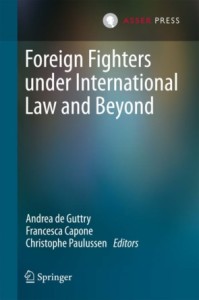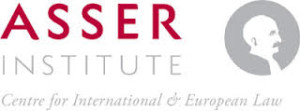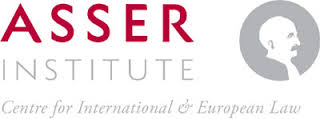Venue: T.M.C. Asser Instituut, R.J. Schimmelpennincklaan 20-22, The Hague, Netherlands.
This book, Foreign Fighters under International Law and Beyond, offers various perspectives, with an international legal focus, on an important and underexplored topic, which has recently gained momentum: the issue of foreign fighters. It provides an overview of challenges, pays considerable attention to the status of foreign fighters, and addresses numerous approaches, both at the supranational and national level, on how to tackle this problem. Outstanding experts in the field – lawyers, historians and political scientists – contributed to the present volume, providing the reader with a multitude of views concerning this multifaceted phenomenon. Particular attention is paid to its implications in light of the armed conflicts currently taking place in Syria and Iraq.
Programme:
- 19:00: Welcome and introduction by Dr. Christophe Paulussen, T.M.C. Asser Instituut & ICCT
- 19:10: Presentation by Dr. Francesca Capone, Scuola Superiore Sant’Anna
- 19:30: Presentation by Prof. Edwin Bakker, Institute of Security and Global Affairs & ICCT and Mr. Mark Singleton, ICCT
- 20:00: Q&A
- 20:30: Closure by Dr. Christophe Paulussen and Mr. Frank Bakker, T.M.C. Asser Press
Registration for this event is mandatory. In order to register, please click here.



